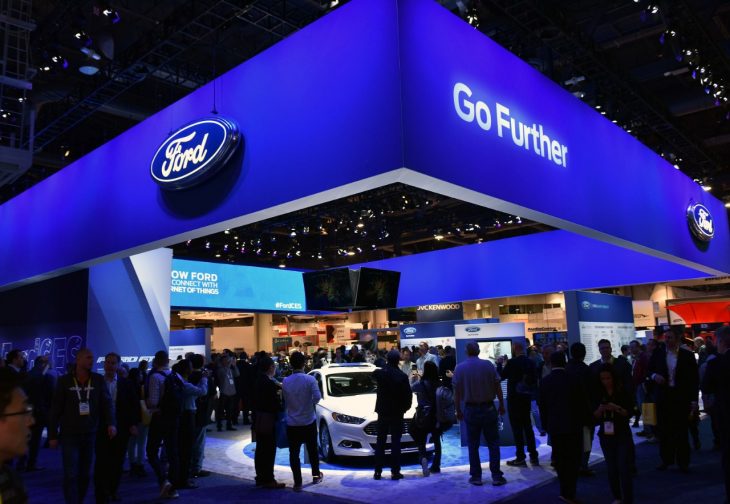
LAS VEGAS – Here’s something you almost never see at CES – a CEO of a major company cautioning the public that its next big innovation is actually years away from being market ready. But that’s just what Gill Pratt, the new CEO of the Toyota Research Institute (TRI), told the press here regarding the future of autonomous cars.
“Although the industry has made great strides over the last five years, we are a long way from the finish line of fully automated cars,” he said.
The auto industry has been measuring on-road reliability of autonomous vehicles in the millions of miles, but Pratt stressed that won’t be sufficient. “Up to now, our industry has measured on-road reliability of autonomous vehicles, in the millions of miles, which is impressive. But to achieve full autonomy we actually need reliability that is a million times better. We need trillion-mile reliability."
He added that people have reasonable fears about whether technology will work in their best interest, or if it is competent to do all the jobs we assign, or hope to assign. “We need to be sure that the autonomous agents given the power to make decisions are capable of being audited. We can't trust what we don't understand, so we must build cars that can explain their actions."
In response, the automaker formed TRI two months ago and is providing $1 billion in an initial investment to enhance safety with the ultimate goal of creating a car that is “incapable of causing a crash.”
Also at CES, Ford’s Chief Technology Officer Raj Nair said the automaker is tripling its autonomous test fleet to 30 vehicles and using Mcity, the University of Michigan’s proving ground for driverless vehicles.
Ford is striving to reach SAE Level 4 autonomy, where the driver is taken out of the loop completely, but only in defined conditions, such as highway driving or in smart cities. Current technology limits autonomy to Level 3 where cars have advanced driver assist technologies that still require driver intervention, while Level 5 vehicles would be fully autonomous anywhere, any time.
Fields also did not deny or confirm the persistent rumour that it is working with Google but did also hinted that when Ford’s autonomous cars are ready for the market, they’ll be affordable rather than carrying luxury-level price tags.


